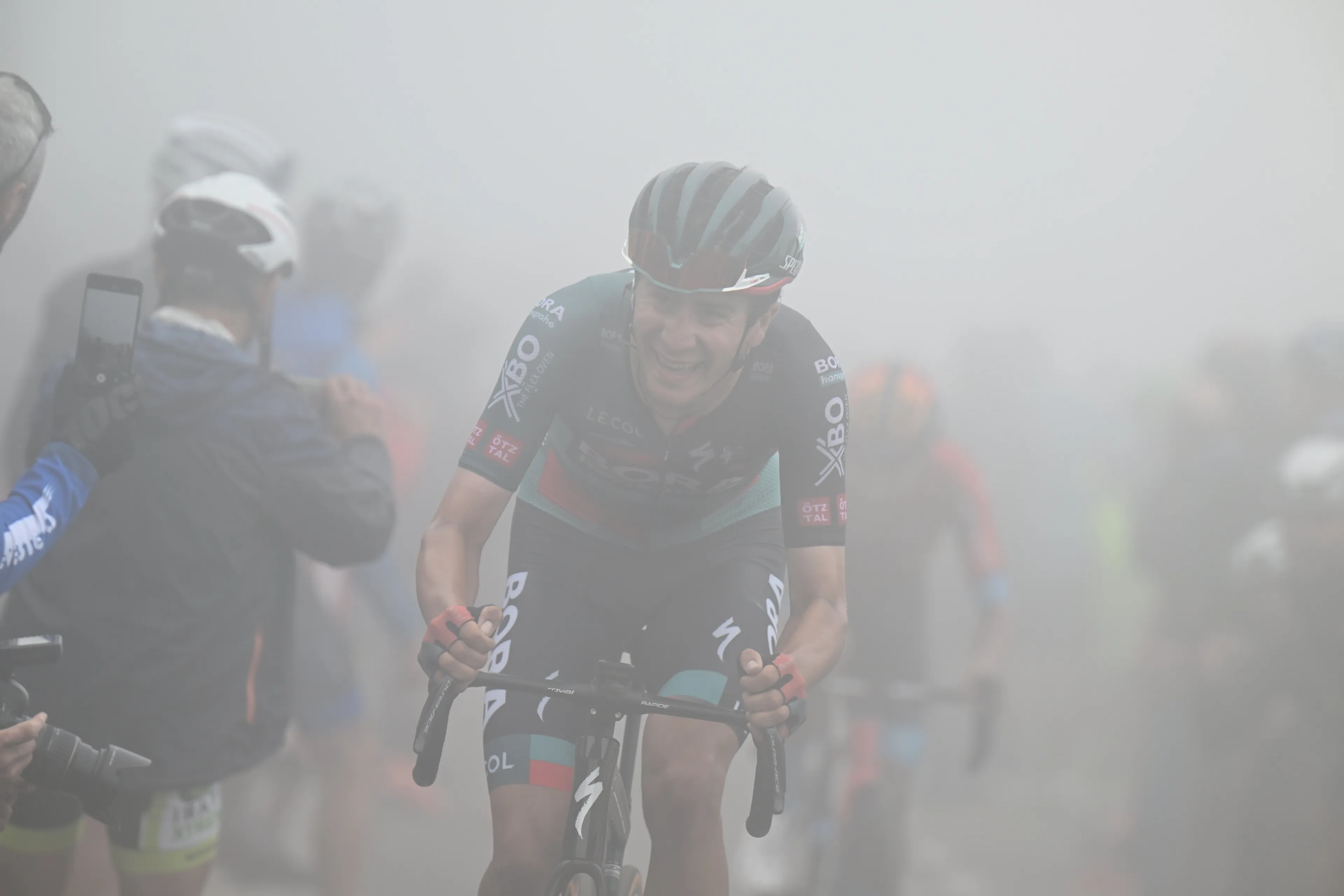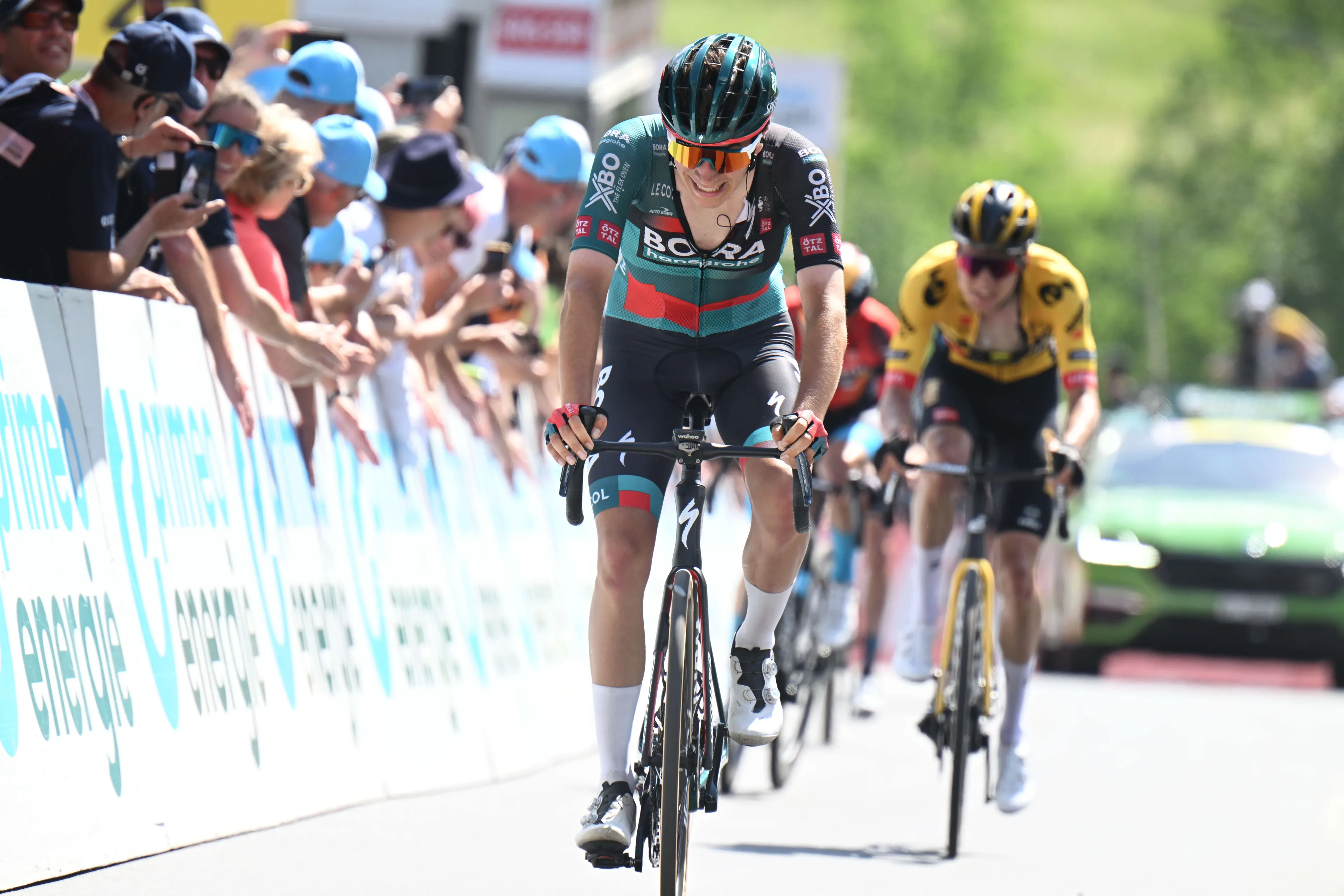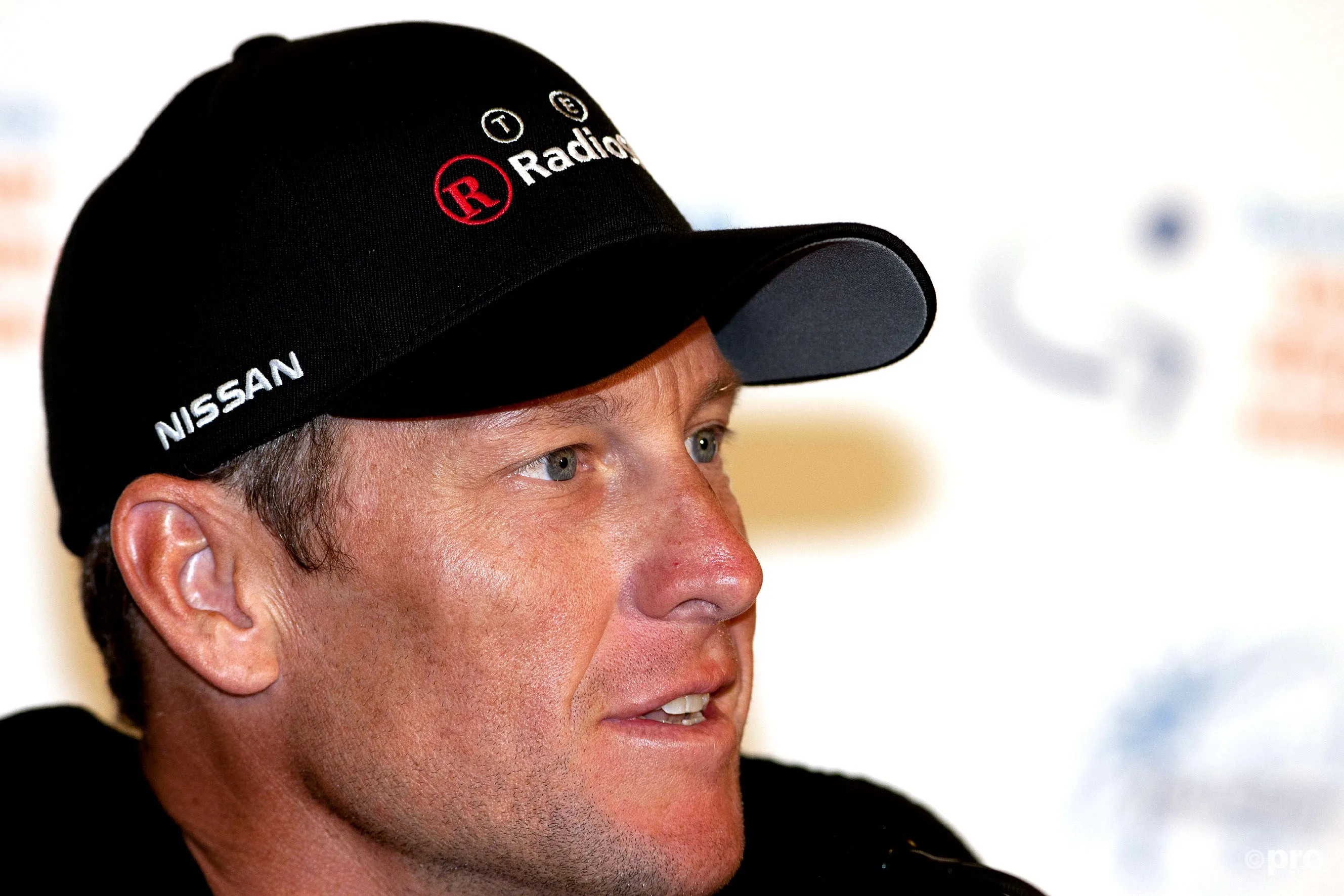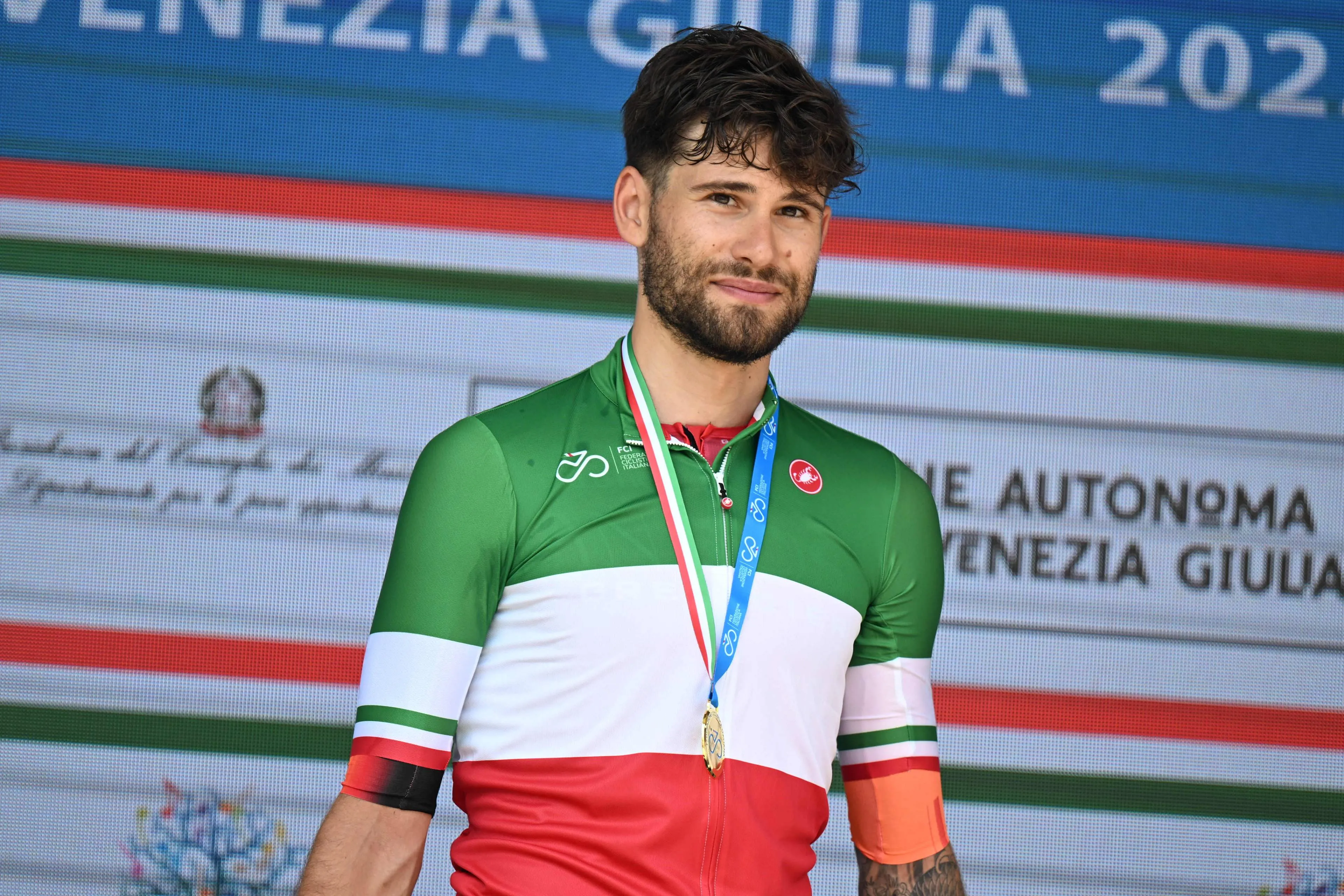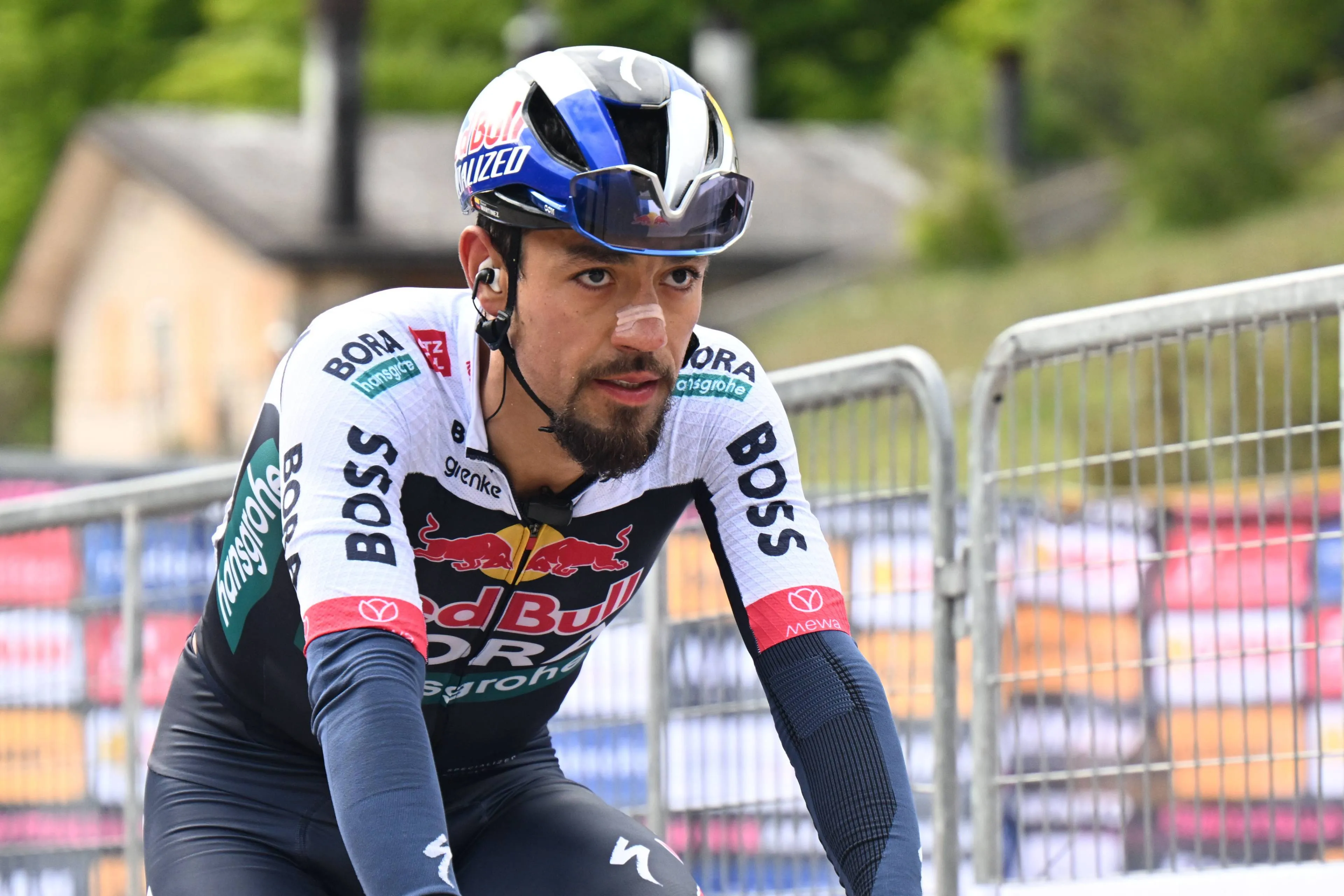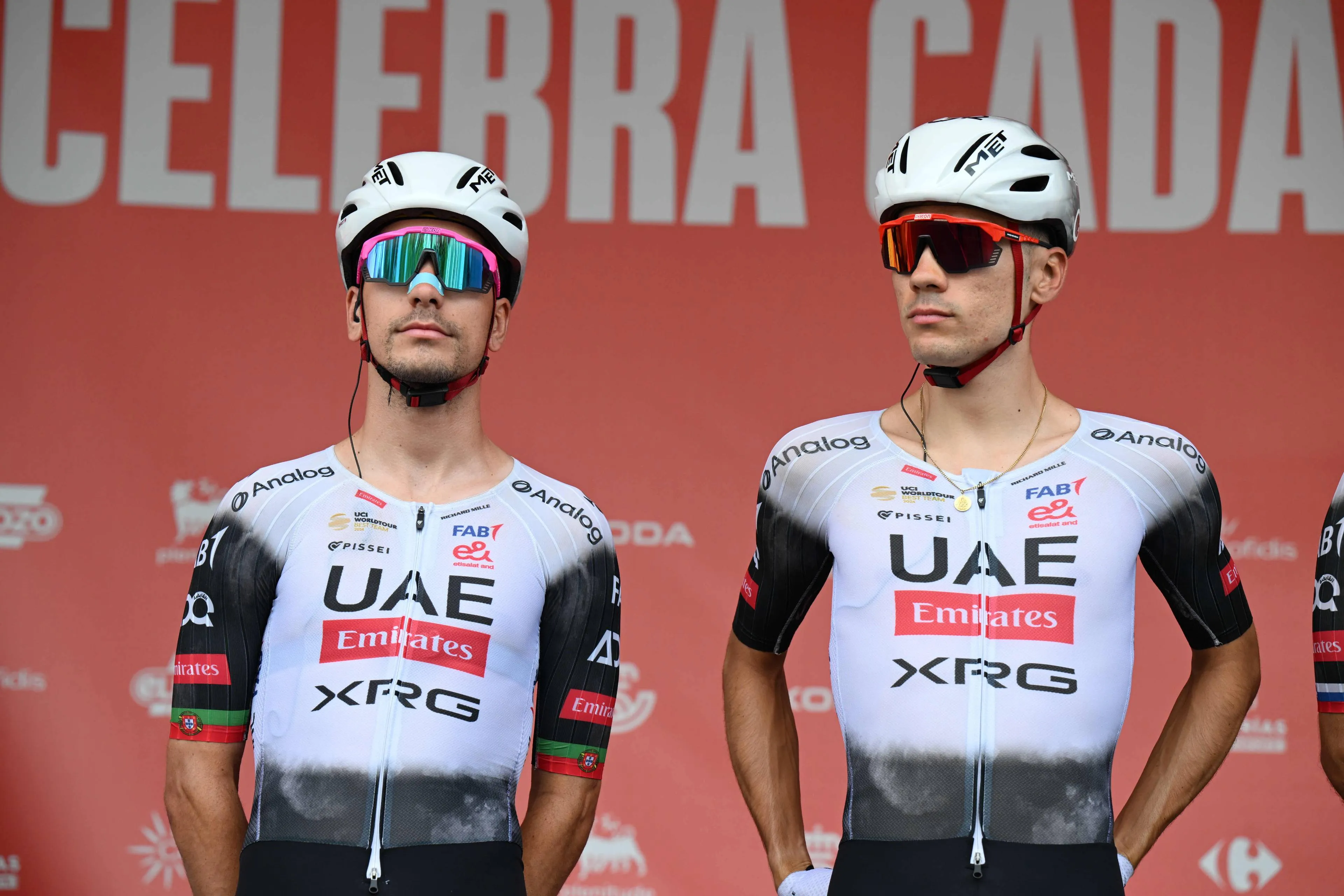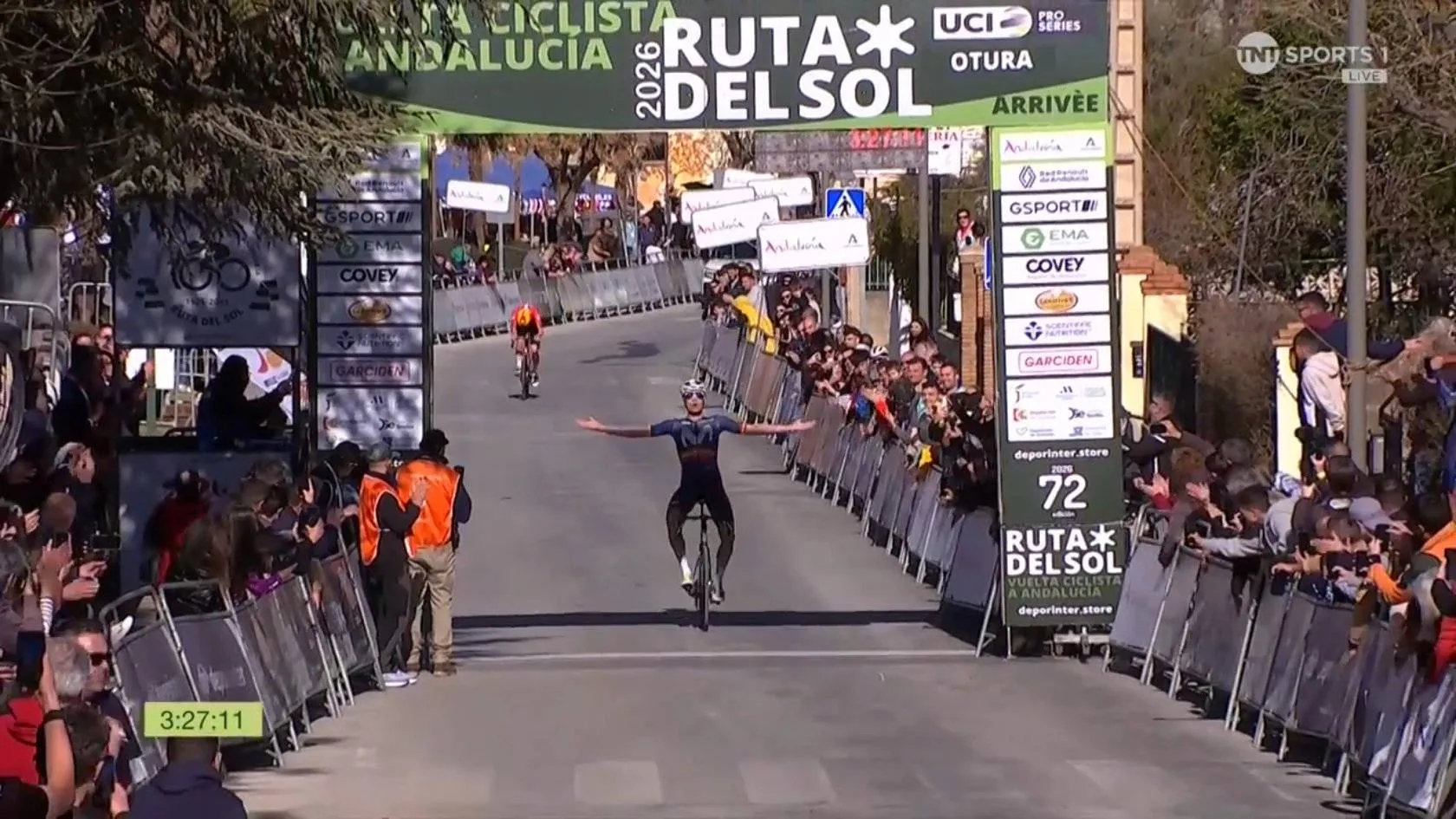"That's my personal motivation" - Ralph Denk on doping in cycling and the dream of the maillot jaune
CyclingFriday, 22 December 2023 at 20:00
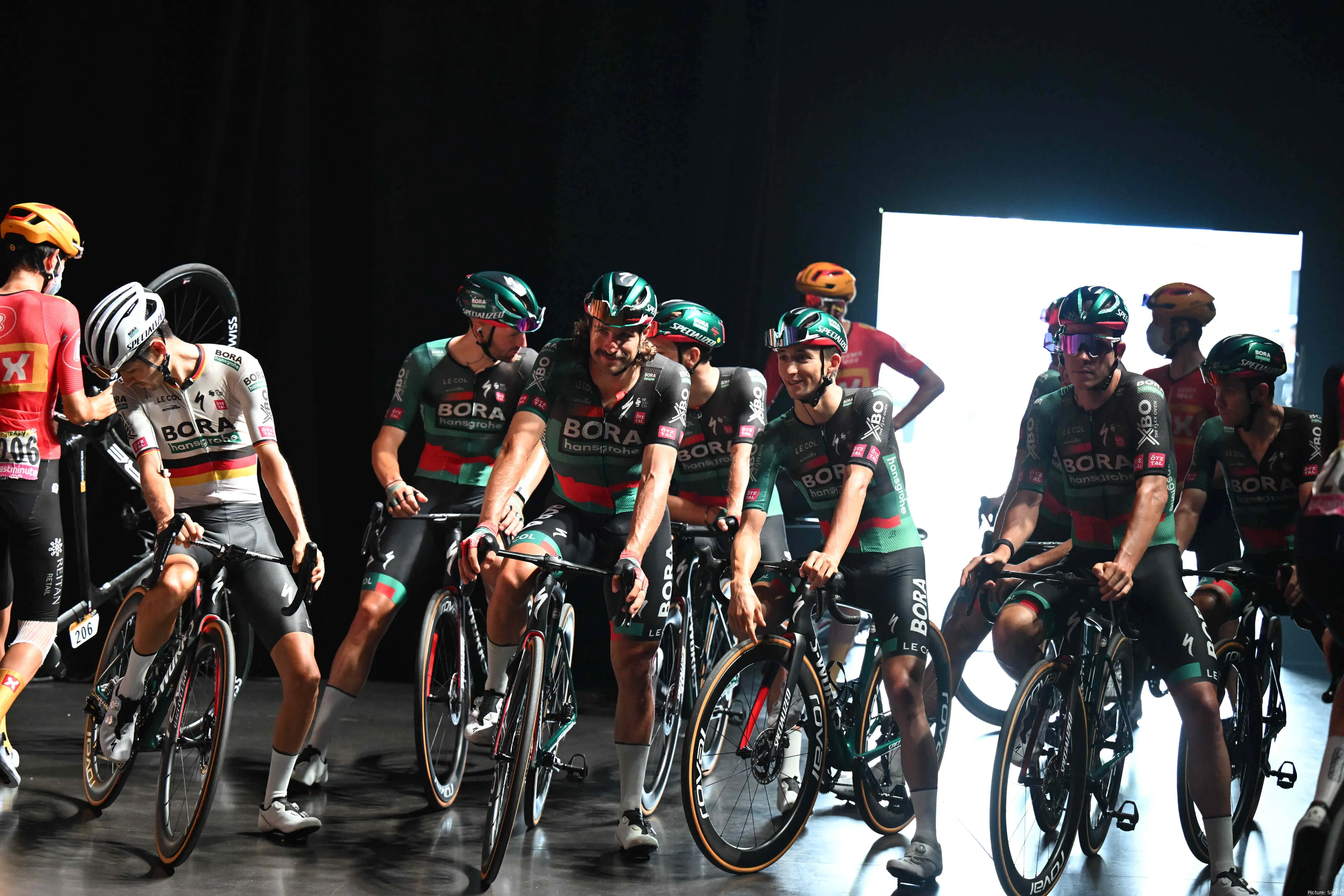
Ralph Denk, the manager of the German professional team BORA - hansgrohe, was a guest of Matthias Friebe on Deutschlandfunk radio. In a personal interview with the journalist, he spoke about the changes in cycling since the time of the doping scandals, his motivation to do better and his dream of winning the yellow jersey.
"I'm in love with cycling!" is how Denk summarised his attitude to his many years of successful work right at the start of the interview. It is the real reason for him to get up at 6 a.m. every day and cycle to the office. Denk has been in the business for a long time, has suffered setbacks, survived scandals in sport and experienced various highs and lows. But even the earlier doping cases in cycling were not an obstacle for him, but a motivation to keep going. Ralph Denk wanted and wants to stand for a new cycling sport, to bring back the good image.
Read also
It all started at the turn of the millennium. Denk was already a multiple Bavarian champion on the road when he founded his first bike club for mountain biking at the end of the 90s. Actually, the only reason for this was that he had a bike shop at the time and wanted to set himself apart from his competitors with a completely different kind of promotion. However, the field of management always had a special appeal for him, so he increasingly focussed on it.
Although the doping scandal surrounding Festina at the 1998 Tour was well known at the time and the image of cycling in general had suffered massive scratches, Ralph Denk was able to see the team grow and rise through his targeted management. Until 2006, when the Tour de France was to take place without the popular German star cyclist Jan Ullrich. His name came up in connection with the "Fuentes scandal" in Spain and the then still relatively unknown doping substance EPO. "That was the low point of the doping scandal, so to speak," commented Denk in retrospect. Sponsors withdrew from the sport, ARD and ZDF pulled out of Tour broadcasts in Germany - the cycling system was at its end, at rock bottom.
Read also
However, Denk saw this as a new opportunity and took it as motivation to try his hand at the professional level. In addition, the international governing body of cycling issued doping regulations that were stricter than ever before in any other sport.
"Cycling can't be broken," says Ralph Denk, explaining another reason for his decision. In addition, there are still thousands of fans on site at every race. In 2010, he founded the NetApp-Endura team, which was invited to the Tour de France in 2014. This was also thanks to Ralph Denk's management and the image that surrounded his team at the time: young riders with no history of doping and a clear stance against doping of any kind, but good performances nonetheless. This first participation in the Tour was accompanied by a great deal of nervousness on the part of everyone involved in the team. But despite a very small team and a small budget, they managed to finish the Tour in 7th place. Doping is also primarily a German issue, Denk reiterates. "If you talk to other journalists from non-German-speaking countries, it has far less relevance than here in German-speaking countries."
Read also
If he has his way, Covid has ultimately also led to a 'rediscovery' of cycling. More and more people are taking a liking to cycling during the pandemic. Denk even draws a comparison with tennis, where the standard German's interest waned after the Graf/Becker era, but "this is not the case with cycling."
Ralph Denk and his BORA - hansgrohe team are now an integral part of the world of professional cycling. He himself would like to emphasise the various victories, especially by Peter Sagan, who became world champion during his time with the team and also won Paris-Roubaix. But Jay Hindley's victory in the 2022 Giro d'Italia, the first Grand Tour that Denk was able to win with BORA - hansgrohe, was also "an incredible feeling", "simply unbelievable". The same was true in 2023, when Hindley wore the yellow jersey for one day and finished 7th overall, just four minutes behind the leader.
In the coming 2024 season, Ralph Denk would like to go one step further with his latest coup, rider Primoz Roglic: a place on the podium or perhaps even the maillot jaune. Wouldn't his chances of winning the Tour be slim considering the strength of Jonas Vingegaard or Tadej Pogacar as the dominators of recent years? -
We'll see...
Read also
claps 0visitors 0
Just in
Popular news
Latest comments
- I was going to post the same comment. He just can’t catch a break.Pedalmasher20-02-2026
- Totally agree. This kid has a bright future.Pedalmasher20-02-2026
- The thing is, he never has to worry about his career because he can spend the rest of his life living rent-free in your head.antipodeanpedalfan20-02-2026
- That's true, but you can't count out a resurgence from him later like Vingegaard did in 2025 (although he was 10 seconds behind, not 30)
 Rafionain-Glas19-02-2026
Rafionain-Glas19-02-2026 - Lipowitz ddn't really keep up to the big boys today either.....mobk19-02-2026
- Yes, the guy is no fluke. Even if he fails to improve over the next 15 years he’ll do damage. That young blood is going to keep the establishment working hard.Mistermaumau19-02-2026
- This excuse is harmless, just quaint and amusing. The excuse I really disliked was when he accused a mechanic of improperly adjusting his saddle, endangering the mechanic's job: blaming others for your own limitations is a serious matter.
 maria2024202419-02-2026
maria2024202419-02-2026 - ok so this is impressive - I trashed this guy all winter, get a pro win before the anointing. against a quality field. And Onley and Riccitello look good too. fun to see young blood.mij19-02-2026
- Minor flaws.... thats like suggesting Genghis Khan was a bit aggressive with other countriesslappers6619-02-2026
- Then you carry on if that's what makes you happyslappers6619-02-2026
Loading
1 Comments
